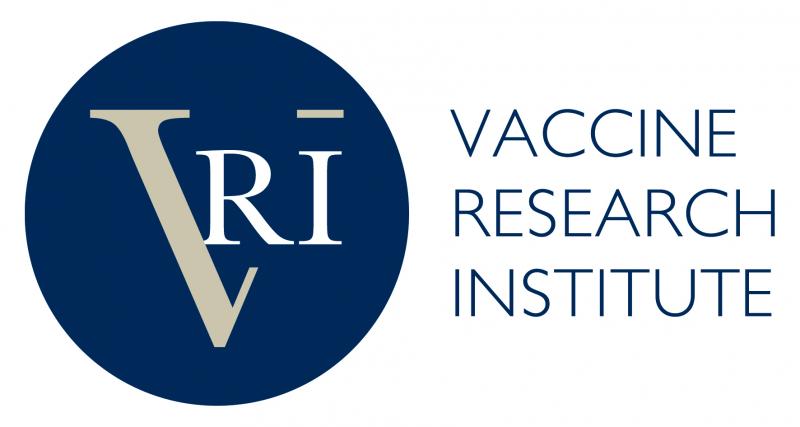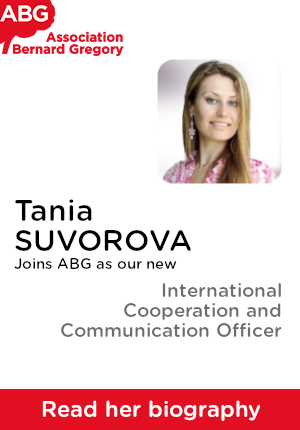Post-doctoral position « DC-based therapeutic approach against prostate cancer»
| ABG-133754 | Emploi | Confirmé |
| 10/10/2025 | CDD 12 Mois | > 45 et < 55 K€ brut annuel |

Employeur
The Vaccine Research Institute (VRI), established in 2011 through a project co-led by ANRS and the University of Paris-Est Créteil, aims to accelerate the development of a vaccine against HIV and emerging infectious diseases. The Mondor Institute of Biomedical Research (IMRB) is a key biomedical research center in Eastern France with national and international reach, involving nearly 600 personnel in 14 research teams. The IMRB conducts high-level translational research directly linked with healthcare services and numerous patient cohorts.
Site web :
Poste et missions
Research Project Summary
The recruited researcher at the VRI will be responsible for adapting the laboratory’s vaccine approaches, specifically the targeting of vaccine antigens to antigen-presenting cells (APCs), to induce lymphocyte responses against prostate cancer and to demonstrate the protective effect of these responses using preclinical models. The candidate will explore the impact of adjuvants, combinations with other immunotherapies, and optimization of vaccination regimens. Vaccine efficacy will be assessed through a dual approach, both prophylactic and therapeutic, to prevent the onset of cancer or treat established disease.
Missions
- Development of prostate cancer vaccines:
In collaboration with the VRI “DC Vaccine” division, the researcher will propose prostate cancer antigens (PCA) of interest, selected through literature review, whose fusion to anti-CD40 monoclonal antibodies (CD40.PCA) will be validated using AI-based structural prediction tools (e.g., AlphaFold).
- Evaluation of immunogenicity:
In collaboration with the VRI “Preclinical” division, the candidate will:
(1) immunize hCD40 transgenic mice with various CD40.PCA vaccine candidates, with or without adjuvant (poly-ICLC), followed by analysis of immune responses (ELISpot, flow cytometry, multiplex ELISA);
(2) perform in vitro expansion of circulating memory T lymphocytes from patients with advanced-stage disease.
- Evaluation of therapeutic efficacy:
The researcher will assess the therapeutic potential of the vaccine by administering it to tumor-bearing mice (TRAMP-C1 ectopic model), either alone or in combination with adjuvants and immunomodulatory antibodies, to measure tumor regression and CD8⁺ T cell activation in tumor and lymphoid tissues.
Mobilité géographique :
Télétravail :
Prise de fonction :
Profil
Position Constraints
- Work in a confined laboratory environment (L1/L2) and in an animal facility.
- Regular interactions with collaborating research teams.
Knowledge, Technical Expertise, and Behavioral Skills
Competencies
- Authorization to handle laboratory animals.
- Strong theoretical and practical background in cell culture and immunological techniques (flow cytometry, Luminex, ELISA, ELISpot).
- Proficiency with office and bioinformatics tools (Prism, FlowJo, SnapGene).
- High level of rigor, organizational skills, autonomy, and effective communication and teamwork abilities.
- Ability to ensure task follow-up and manage laboratory supplies and reagents.
- A good command of English is required.
Personal Qualities
- Leadership and ability to supervise students.
- Strong communication and interpersonal skills.
Required Education and Professional Experience
- PhD in Immunology, Cellular or Molecular Biology.
- At least two years of experience in an academic research laboratory.
Objectifs
- Decipher the immune profiling of vaccine candidates in vivo (mouse models) and in vitro (human PBMCs).
- Characterize tumor-bearing mouse models to assess disease progression and therapeutic response.
- Propose and develop initial DC-based therapeutic strategies for prostate cancer immunotherapy.
Vous avez déjà un compte ?
Nouvel utilisateur ?
Vous souhaitez recevoir nos infolettres ?
Découvrez nos adhérents
 MabDesign
MabDesign  Laboratoire National de Métrologie et d'Essais - LNE
Laboratoire National de Métrologie et d'Essais - LNE  ANRT
ANRT  Généthon
Généthon  ADEME
ADEME  Groupe AFNOR - Association française de normalisation
Groupe AFNOR - Association française de normalisation  Ifremer
Ifremer  MabDesign
MabDesign  ONERA - The French Aerospace Lab
ONERA - The French Aerospace Lab  Aérocentre, Pôle d'excellence régional
Aérocentre, Pôle d'excellence régional  SUEZ
SUEZ  Tecknowmetrix
Tecknowmetrix  CESI
CESI  PhDOOC
PhDOOC  TotalEnergies
TotalEnergies  CASDEN
CASDEN  ASNR - Autorité de sûreté nucléaire et de radioprotection - Siège
ASNR - Autorité de sûreté nucléaire et de radioprotection - Siège  Nokia Bell Labs France
Nokia Bell Labs France  Institut Sup'biotech de Paris
Institut Sup'biotech de Paris

